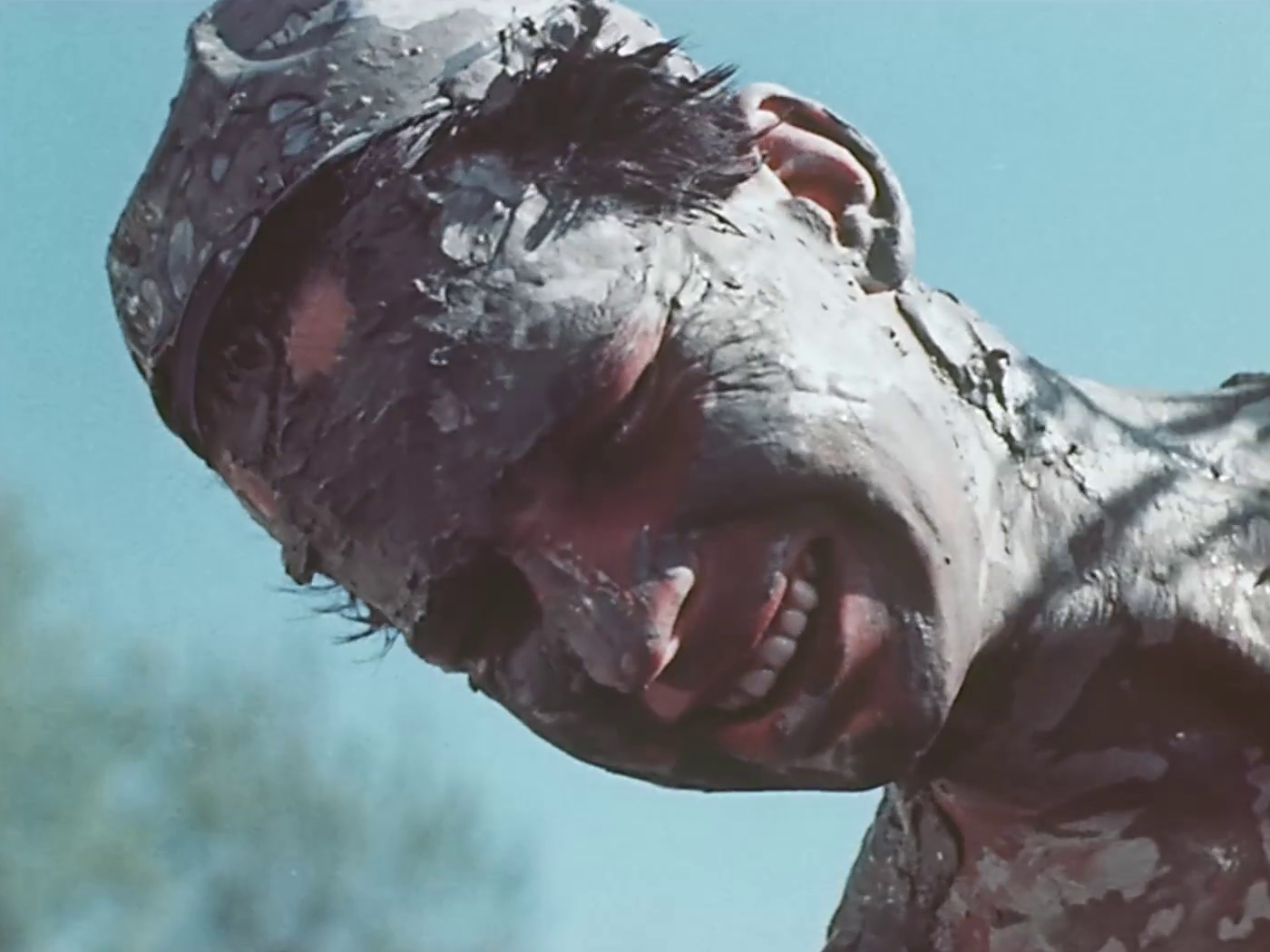
Anne-Violaine Houcke, 2014
Pour Cecilia Mangini, après la chute de Mussolini, c’est justement le cinéma qui donne forme aux espoirs de l’après-guerre : le néoréalisme, les films étrangers qui retrouvent la voie des écrans italiens (Vertov et Eisenstein, notamment, auront une influence fondamentale sur son œuvre), les revues de cinéma. En 1951, elle part pour Rome, où elle collabore à diverses revues comme Cinema nuovo, en tant que critique et photographe. Arpentant les marges de la cité, elle découvre un anneau de faubourgs « mal famés », ces borgate que Pasolini raconte dans le roman qu’il publie en 1955, Ragazzi di vita.